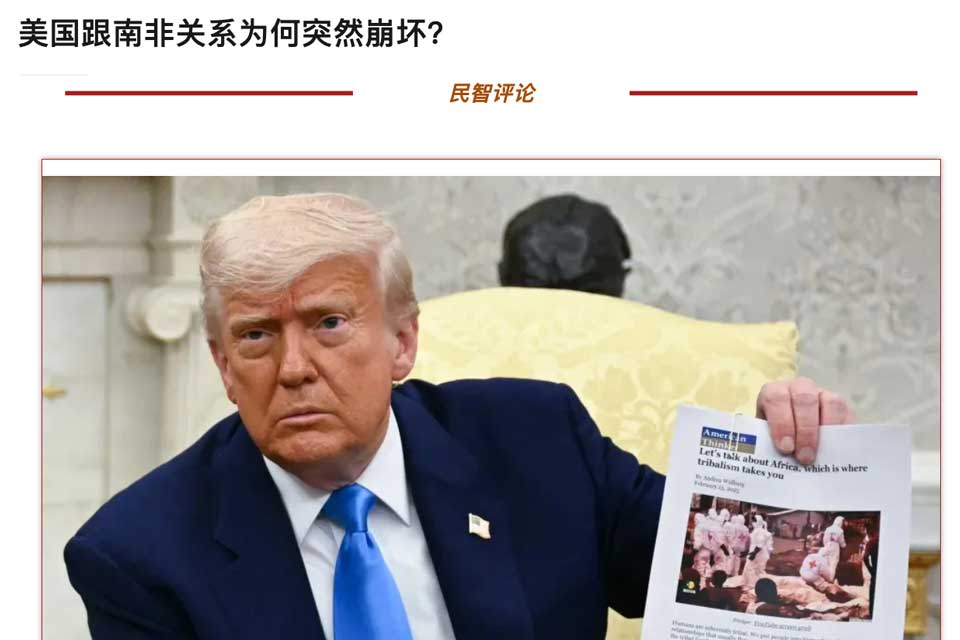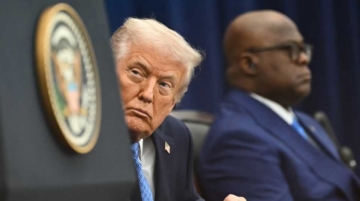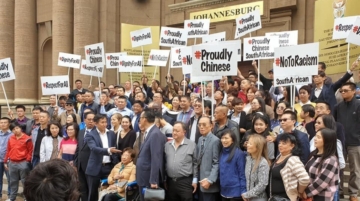
A provocative analysis from a Chinese think tank examines the collapse of U.S.-South Africa relations, uncovering an unexpected driver: the influence of three tech titans—Elon Musk, Peter Thiel, and David Sacks—all of whom spent their formative years in apartheid-era South Africa.
The piece frames South Africa as a direct challenge to American hegemony, citing its refusal to enforce U.S. sanctions on Russia, deepening ties with Iran, and legal campaign against Israel. These moves have made Pretoria a key target in Washington’s broader struggle to discipline the Global South.
But the analysis goes further, spotlighting the three South African-born moguls and suggesting their shared experience of witnessing white minority rule’s collapse has fueled a “white victimization” narrative within Trump’s foreign policy. This, the article argues, has turned South Africa into an unlikely geopolitical battleground.
Crucially, it highlights how Silicon Valley’s right-wing network—now wielding unprecedented influence—may be quietly steering U.S. actions. Their companies have secured billions in federal contracts under Trump’s orbit, while their opposition to South Africa’s Black economic empowerment policies (which stalled Musk’s Starlink) dovetails with Trump’s racialized attacks on Pretoria.
While Chinese social media often reduces geopolitics to “with-us-or-against-us” rhetoric, the racial dimensions of this conflict are more complex to distill, especially for a nation with little historical exposure to systemic racial strife. Yet this analysis reveals a hidden cultural-racial undercurrent, one where childhood memories of lost privilege could be shaping global power struggles.








